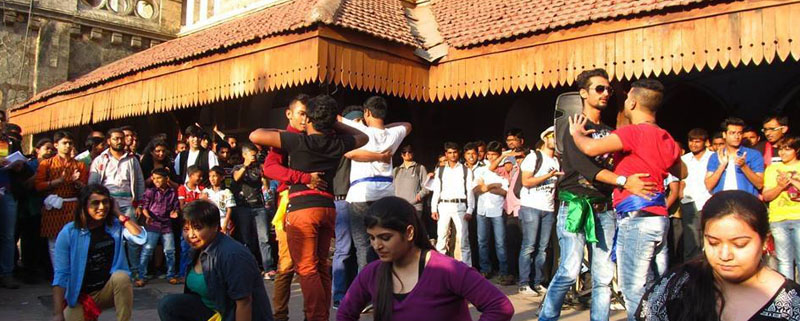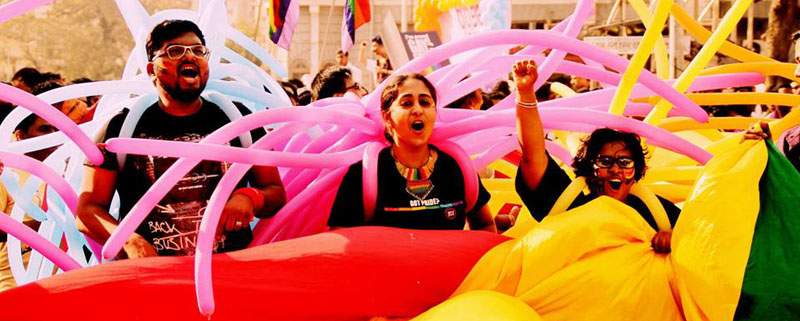From the middle of nowhere a few years ago, transgenders today are going places. In April 2014, India’s Supreme Court recognised transgenders as people falling under a third gender, granting them legal rights to identify themselves as neither male nor female, and directing the central and state governments to provide quotas in jobs and education to transgenders in line with other minorities and social and economically backward classes.
There was further recognition for many among the LGBTQI(Lesbian, Gay, Bisexual, Transgender, Queer or Questioning, and Intersex) community when a popular talk show such as Satyamev Jayate aired an episode highlighting the issues sexual minorities face in India.
Through the show, a large foundation donated Rs 50 lakh to two prominent organizations, which are working towards equal rights and health care for the LGBTQI community in India. One of them is The Humsafar Trust (Mumbai). Lawyers, activists, corporates and skilling firms have all hailed the Supreme Court judgement, calling it far-reaching and compassionate.
But the upliftment for this community needs to begin with education and skilling as they have been marginalised and discriminated against for far too long. With CSR laws in place, there was the hope of various companies to invest in endeavors that support the LGBT community. Pallav Patankar, Director Programs, The Humsafar Trust says, “Money trickles in from the Human Resources team of various companies as part of talent acquisition. This is to show the inclusion of all ethnicities.
It is one thing to show on paper about a diverse space and another to truly be part of it and walk in a gay pride”, he highlights while speaking with The CSR Journal.

To an extent, the onus is on consultancies, which have the capacity to bring about a change in the mindset. It can be a large contributing factor, as livelihood has already been affected for an individual due to being an LGBT.
On the other hand, corporate houses can take up the initiatives to enable skill training centres, not only in education but also life skills. This will help the community to adjust in a corporate environment and not be stifled after being in the community surroundings for the longest time.
Earlier in February, the Supreme Court had decided to take a fresh look at the curative petition (A curative petition essentially means that the Supreme Court will take another look at an order, that has otherwise attained finality, if some conditions exist), which will take a final call on whether Section 377 of the Indian Penal Code (IPC), which criminalises consensual sexual acts of Lesbian, Gay, Bi-sexual and Transgender (LGBT) adults in private. As individuals, we ought to be more sensitive towards a community that has been suppressed for an extensive period of time and are only recently being accepted within the legal framework.
Facilities and privileges that we have as everyday basics need to be addressed for them. For example, avoiding water intake or not using a restroom until there is a safe area can lead to urinary infections. Plenty medical issues too go under non-restricted funding, which does not come around in grants. Living in solitude can break a person and living in isolation is unfeasible in today’s times. Let’s aim at skill development initiatives for transgenders the way we have specific diversity groups.
Offering standard skill programs will allow them to have equal access to employment opportunities and paving the way for mainstream jobs. It is time to create a framework that is socially acceptable for them. A comfortable environment with various dynamics.
Thank you for reading the story until the very end. We appreciate the time you have given us. In addition, your thoughts and inputs will genuinely make a difference to us. Please do drop in a line and help us do better. Regards, The CSR Journal Team


